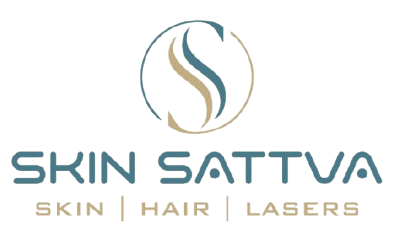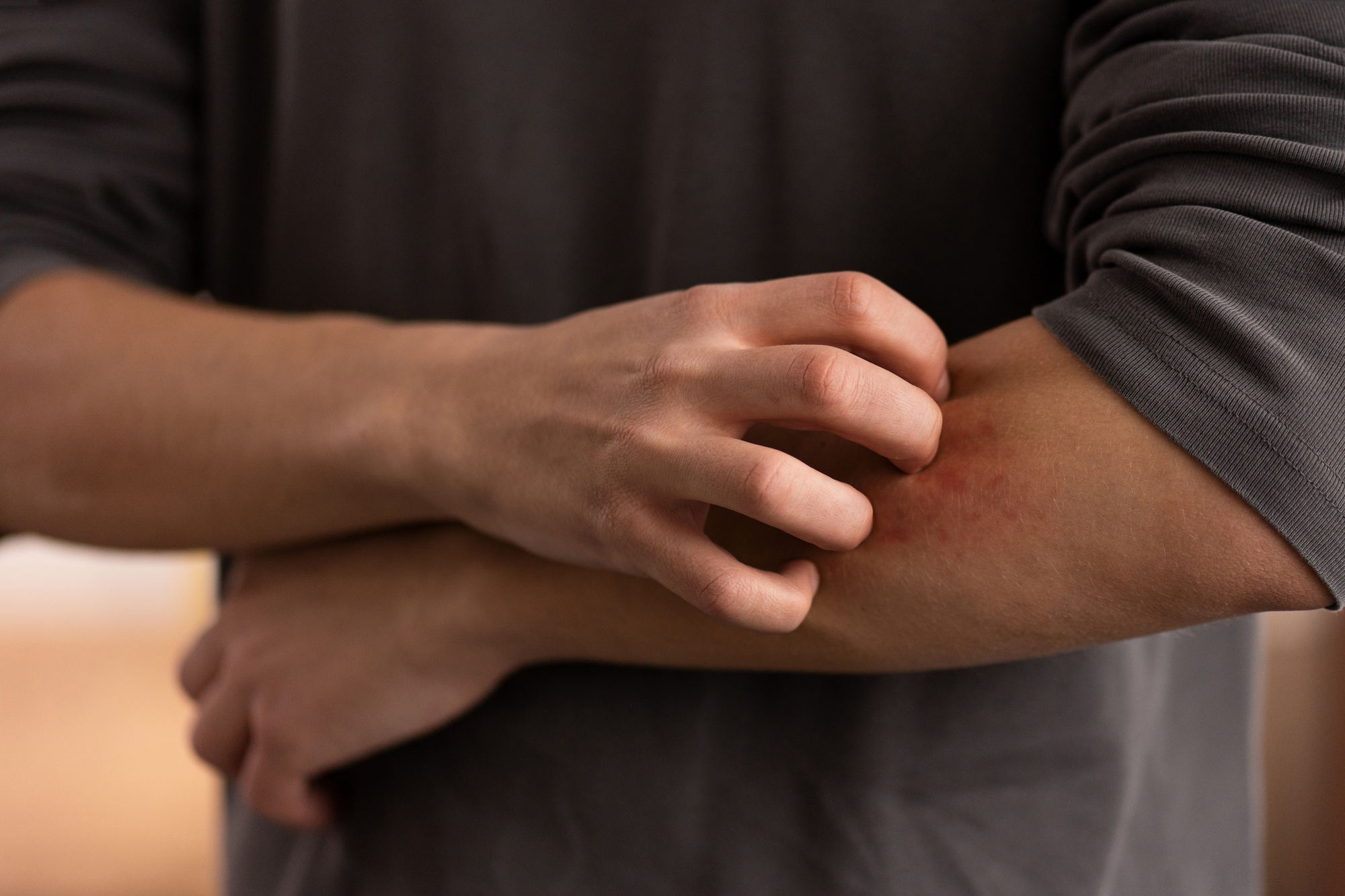Hives can be annoying, covering the skin with red, itchy welts that disrupt daily life. If untreated, they worsen, causing discomfort. This guide will help you explore holistic remedies now gaining traction. Many people turn to these natural options to ease symptoms and prevent flare-ups. You’ll learn about different types and how to treat them without harsh chemicals.
Understanding Hives: Root Causes and Identification
Recognizing hives is key for proper treatment. Common symptoms include red welts, itching, and a burning sensation. Identifying these symptoms early helps in taking immediate action. Various factors cause hives, such as allergens like pollen, certain foods, or medications. Stress and heat can also trigger outbreaks. It’s vital to distinguish hives from similar skin issues, such as eczema or psoriasis. Understanding the triggers can aid in managing them effectively.
Hives can be acute or chronic. Acute hives appear suddenly and may last for less than six weeks. Chronic hives persist beyond six weeks. Identifying the type you have can guide treatment. Awareness of these differences is essential, as chronic hives need more prolonged care. With this knowledge, you can better handle outbreaks and seek appropriate remedies.
Conducting a Home-Based Hives Assessment
A home-based assessment helps recognize hives. First, look for red, raised patches or welts on the skin. These are clear indicators of hives. Next, keep a diary to log patterns or possible triggers. Note foods, stress levels, or any new products used on your skin. This tracking can reveal potential causes. Additionally, tools like magnifying mirrors help discern hives from other skin conditions. Checking these aspects ensures you’re on the right track to identification.
Recognizing Urgent Signs: When to Contact Healthcare Professionals
While most hives are manageable, some signs require immediate care. If you experience difficulty breathing or throat swelling, seek help instantly. These are warnings of a severe allergic reaction. Additionally, if hives persist more than a few weeks, consult a doctor. Persistent hives might signify underlying issues needing medical evaluation. Seeking timely expert advice prevents serious complications.
Natural Solutions for Immediate Hives Relief
When hives hit unexpectedly, natural remedies offer instant relief. Use cold compresses to minimize swelling and soothe the itch. Anti-itch baths, like those with oatmeal, provide comfort by calming the skin. Keeping cool is crucial; avoid hot showers which might worsen hives. Gentle skincare routines, using mild soaps and no harsh chemicals, help manage outbreaks. Simple solutions like these ensure immediate and accessible relief.
Minimizing Breakouts: Lifestyle Adjustments
To minimize hives outbreaks, identify and avoid irritants. Common culprits include certain fabrics, heat, and stress. Creating a hives-friendly environment makes a significant difference. Choose loose, breathable clothing to prevent irritation. Keep home temperatures moderate. These simple lifestyle changes aid in decreasing flare-ups and maintaining skin comfort.
Nutritional Changes for Hives Management
Changing diet can impact hives symptoms. Elimination diets, removing certain foods, help identify triggers. Often, common allergens like dairy, nuts, or shellfish cause hives. Removing them aids recovery. Supplements also support hives management. Vitamin C acts as a natural antihistamine, while probiotics improve skin health. Emerging trends show positive outcomes, emphasizing nutrition’s role in controlling outbreaks.
Combating Itch Without Damage
Itching is a major concern with hives, yet scratching worsens the condition. To quell the urge, keep nails short and wear soft gloves at night. This prevents damage during sleep. Distract the mind with calming activities like reading, avoiding the draw to scratch. These strategies effectively curb the impulse without harming your skin.
Integrating Holistic and Preventative Measures
Incorporating stress management techniques aids in preventing hives. Practices like yoga and meditation promote relaxation and reduce stress, a common trigger. Embracing an integrative approach to health combines these practices with natural remedies, giving a whole-body perspective that enhances well-being.
Conclusion
Understanding hives and their remedies encourages balanced health choices. Always consult healthcare professionals alongside using natural methods. Their advice ensures you’re not overlooking serious issues. By combining professional insights with natural practices, you embrace control over health. Such a balanced approach facilitates a healthier, more informed path, enhancing your quality of life. It’s all about finding what works best for your unique needs.


